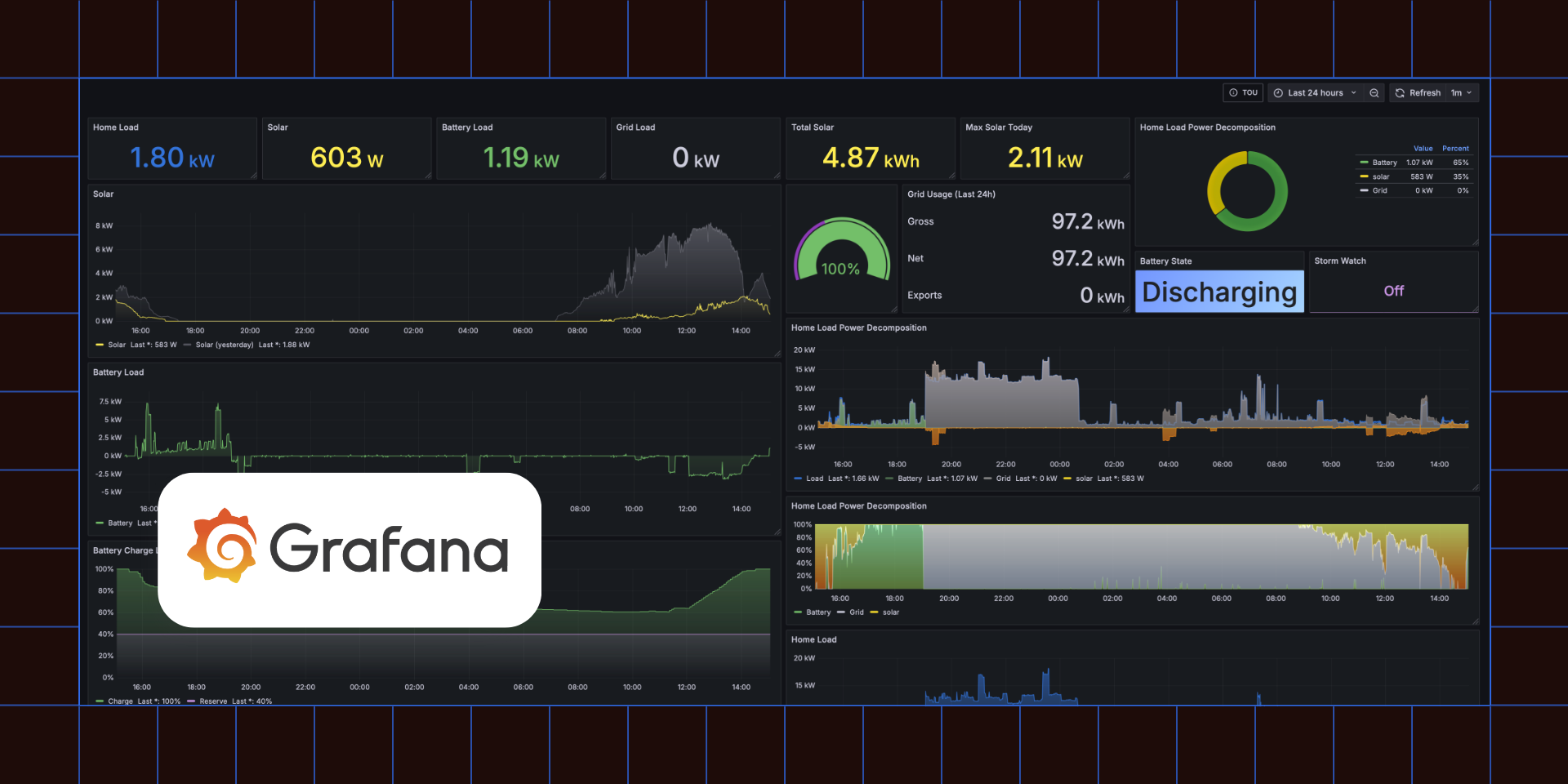
Learnerbly breaks down silos and learns the truth 30x faster
- Data architecture team of one was able to set up and automate centralized data warehouse, breaking down department silos
- Automated extraction, loading and transformation of Chargebee data accelerated billing cadence 30x from monthly to daily
- Data from the Learnerbly application is activated in Hubspot, enabling timely and accurate servicing of clients
- Engineers are freed from data engineering and able to focus on application improvements
Learnerbly uses Fivetran to centralize data from its application, ad services, customer support system and billing and pricing tools, enabling both analytical and operational uses.
Learnerbly is the L&D marketplace that gives employees access to 200+ of the best learning content providers. Their expertly curated, multi-format platform enables personalized learning, based on how individuals like to learn, which promotes 3X more engagement with workplace learning compared to other solutions currently on the market.
When Nick Cameron, Data Lead joined Learnerbly in July 2022 as the first hire on the new data architecture team, the company had just finished raising its Series A and had its sights set on a Series B. The company set two main OKRs to this end: 1) use data to drive revenue and 2) optimize and fix engineering processes to drive efficiency.
Learnerbly understood that it needed better access and control over its data in order to scale and attract enterprise clients, who have higher employee headcounts and more stringent demands regarding visibility into ROI of adopting a new platform. This would require the ability to more efficiently move data from sources to destinations and transform it into analytics-ready tables that help the product scale.
“Moving to enterprise-type clients, we needed a lot more information than we could previously provide."
— Nick Cameron, Data Lead at Learnerbly
Before Fivetran
Many teams within Learnerbly, including the product and marketplace teams, rely on data. Before Nick was hired, there was no dedicated data organization to help them access and use the data. Previously, in order to access data from the Learnerbly app, which uses a DynamoDB backend, engineers were pulled away from product work to build pipelines to S3 using Amazon Glue.
When executives wanted to analyze product performance, users needed to manually match records from product data with other sources such as Chargebee, Hubspot and Mixpanel by exporting data directly from applications in CSVs and combining it in Google Sheets. This was a manual process that could produce unreliable results given the decentralized nature of the data. In effect, data was completely siloed by each department.
“We had a lot of data in different places. It was hard for us to understand what actions customers were performing and what ways they were converting without a lot of manual work.”
— Nick Cameron, Data Lead at Learnerbly
These challenges ultimately manifested as three pain points:
- Learnerbly had no consistent source of truth, as platforms sometimes had conflicting numbers. It was difficult to compare and corroborate records across different sources.
- It was impractical to join records across data sources. This prevented the combination of sales and marketing data as well as the combination of financial and event data with product data. It generally impaired their ability to service clients effectively across their entire life cycle.
- Engineering efforts were diverted from product development to data operations.
Why Fivetran
When Nick was hired, it was clear a change was needed. He was tasked with supporting the data needs of business units at scale, as a team of one, without engineering a bespoke solution. In fact, as of this writing (May 2023), Nick remains a one-person show and is actively recruiting for a BI analyst.
As such, he needed a fully managed approach to data movement that a small team could use with minimal engineering input. As an early-stage startup, Learnerbly could not spare engineering resources earmarked for product development.
Nick ultimately evaluated Fivetran, Stitch and Hevo. One of the key differentiators for Fivetran was the breadth of connectors offered, including Lite connector offerings such as Chargebee, a critical source of financial data for Learnerbly. Between the volume, variety and velocity of data, variety is one of the most vexing problems. Each data source has unique idiosyncrasies that anyone trying to extract and model the data must contend with.
.png)
Another key differentiator was the deep integration between Fivetran and dbt Core™, including Fivetran’s robust library of open-source data models. Nick had previously used dbt™ and found the data models especially useful for quickly bootstrapping data from multiple marketing platforms – LinkedIn, Facebook and Google – into a unified view of advertising effectiveness via the ad reporting data model. The fact that he could orchestrate and manage data models right from Fivetran’s UI meant he didn’t need to investigate or buy additional 3rd party tools — saving him time and money while reducing complexity. This allowed him to centralize the majority of his data movement workflows within one platform.
Given the complementarities between Fivetran and Snowflake, Nick implemented both the data pipeline and data warehouse jointly. The business intelligence platform was a secondary consideration, as Nick wanted to prioritize creating analytics-ready tables first.
Results

Since adopting Fivetran, Nick and Learnerbly have racked up a series of wins.
The first was moving data out of Chargebee and transforming it so that they could analyze changes to user activity and bill accordingly. Previously a monthly manual process, this analysis is now automated and runs daily. With Fivetran’s fully automated Chargebee connector, Learnerbly has a better understanding of their financials and their growth.
That financial data is also now joined with HubSpot and proprietary application data - held in databases (like MySQL) - to provide better insights into user actions and intent. With dbt, Nick is able to model and join these sources together. With Fivetran Transformations for dbt Core’s integrated scheduling, these models run immediately upon data load from the various sources in Snowflake. This provides a timelier and more accurate view of MRR and financial auditing, enhancing trust in their data. They can now optimize customer interactions and reduce friction in the user flow, thanks to the greater product analytics insights.
[CTA_MODULE]
Fivetran has also transformed the way Learnerbly interacts with its clients. They now move and transform data out of the Learnerbly application and push this information to HubSpot using Hightouch to better inform customer support and outreach. The Fivetran data model for HubSpot, paired with the integrated scheduling and data lineage graphs, means Nick spends less time on building and maintaining pipelines, and more time on providing insights. This also means the customers get the most relevant information served to them, helping them resolve issues faster, learn about more relevant product updates, and ultimately get more value out of their platform.

Ultimately, adopting Fivetran has centralized data from a wide range of sources into a single source of truth. Siloes between different teams have broken down and it’s now possible for Learnerbly to construct a full picture of the company’s operations and customer interactions. All while Fivetran remains highly reliable, with minimal downtime.
“Fivetran has worked the entire time. It’s one of those things where if you don’t hear about it, that’s a really good thing. It’s been very stable.”
— Nick Cameron, Data Lead, Learnerbly
Learnerbly’s journey to data maturity is only getting started. The next step is data democratization. More reports are ready for automation and the data architecture team will continue to support the operational and analytical needs of various teams within the organization.

Learn how automated data movement boosts productivity and accelerates insights for your business.
Download the report
How real Fivetran customers accelerate analytics and AI
Get the guide


















